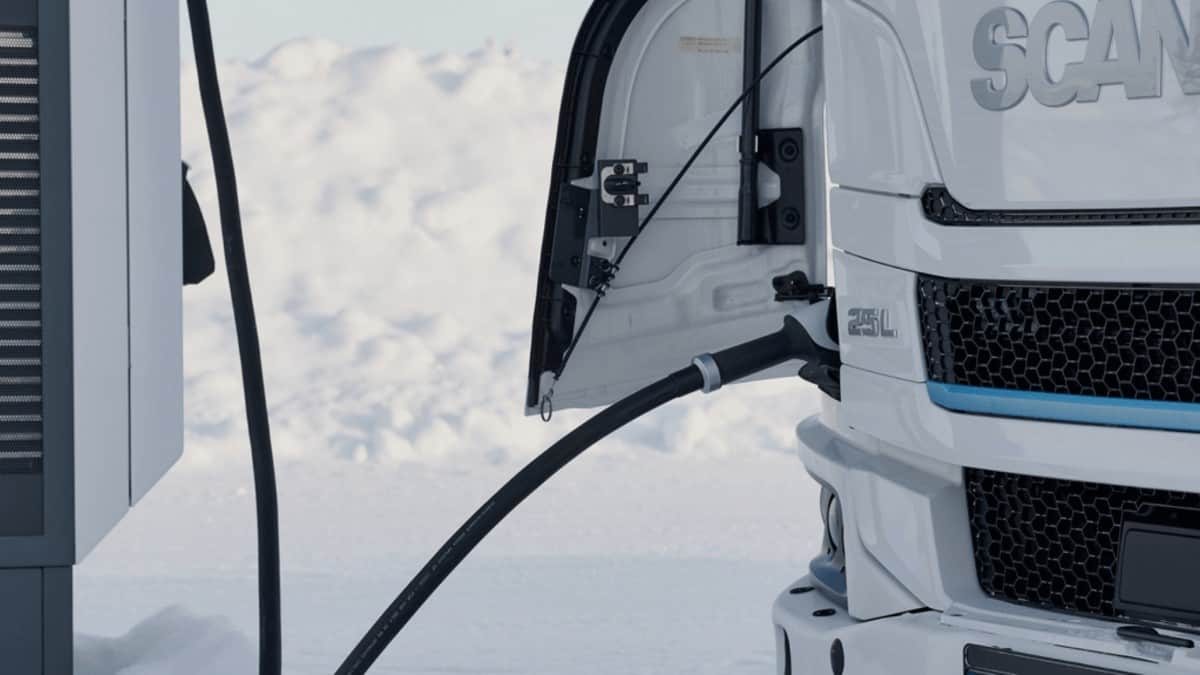Established automakers call for the European Union and UK Government to immediately delay the looming 10% tariffs for exported electric vehicles between the two markets, The Guardian reports.
Some of the opposing automotive brands are France’s Renault and Germany’s BMW and Mercedes-Benz.
Post-Brexit trade deal details
The 10% tariff for EV exports under the post-Brexit deal between the EU and UK is set to take effect from January 2024.
However, UK- and Europe-based automakers are protesting to delay the enactment by at least three more years.
Unfortunately, European commissioner Thierry Breton previously told The Guardian that they could not re-open the Brexit deal just to adhere to the automakers’ demand. Mr. Breton further noted that he must guarantee fair competition throughout the ecosystem.
In hindsight, the EU and the UK initially agreed to the EV export tariff in 2020 under the Brexit deal. They committed to follow a “rule of origin” clause that would require a 10% tariff on any EV with less than 45% content from either of the two markets. Moreover, it must have 50%-60% EU or UK content for battery cells and packs. If they fail to do so, they will be required to pay a 10% export tariff, EURACTIV indicated.
However, their respective motor industries conceded that the targets would be impossible to achieve at the given deadline as they struggled to cut their reliance on Chinese suppliers.
Potential effects
Notably, the European Automobile Manufacturer’s Association (ACEA) was the first to submit a formal request to the EU to cut the 10% tariff.
“Driving up consumer prices of European electric vehicles, at the very time when we need to fight for market share in the face of fierce international competition, is not the right move – neither from a business nor an environmental perspective.”
ACEA President and Renault CEO Luca de Meo
He further indicated that the government must support the clean energy vehicle industry instead of hampering its growth.
“Europe should be supporting its industry in the net zero transition as other regions do, not hindering it. There is a very simple and straightforward solution: extend the current phase-in period for battery rules by three years. We urge the commission to do the right thing.”
ACEA President and Renault CEO Luca de Meo
The 10% export tariff will significantly boost the prices of electric vehicle models in the EU and the UK. In effect, customers may be discouraged from buying EVs in these markets.
It would put Europe in a disadvantageous position in the global market against competitors from China and the US.
Oppositions
Renault Chief Luca de Meo warned that the EU’s failure to postpone the new policy would risk “handing a chunk of the market to global manufacturers,” particularly Chinese brands.
Stellantis even warned the EU to close its UK-based EV factories if they fail to negotiate the Brexit deal. For context, it calls for the ministers to retain the status quo through 2027.
The ACEA also stated that the tariff could result in a maximum of 4.3 billion euros ($4.57 billion) lost for automakers.
Despite the opposition, the EU remains reluctant to delay the rules under the post-Brexit deal.
See Also:
- JLR owner TATA Motors to erect its new electric vehicle batte
- Low-income families can now purchase EVs in Germany and France
- UK government urged to take action to help electric vehicle transition
- UK to beat Spain in securing Tata’s EV battery factory investment
- Electric vehicle prices may increase in UK and Europe due to EU tariffs
Failure to delay the tariff implementation would place significant pressure on either the customers or the industry. In effect, it can impede the EU’s electric vehicle industry growth and risk factory shutdowns and job losses.
Hopefully, both parties will eventually decide to delay the 10% tariff, which may happen at the upcoming prime ministers’ summit in early October.

